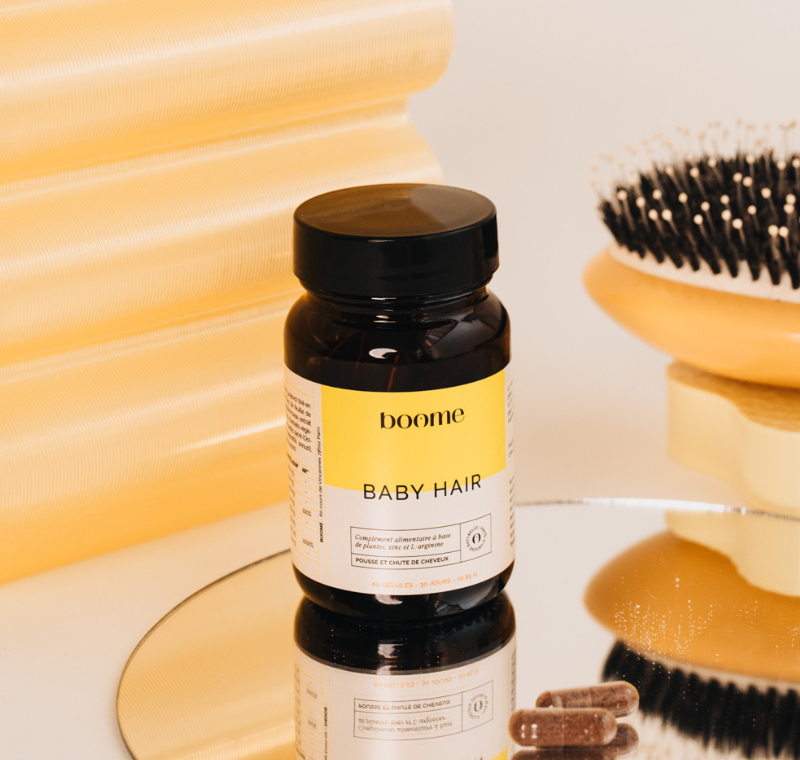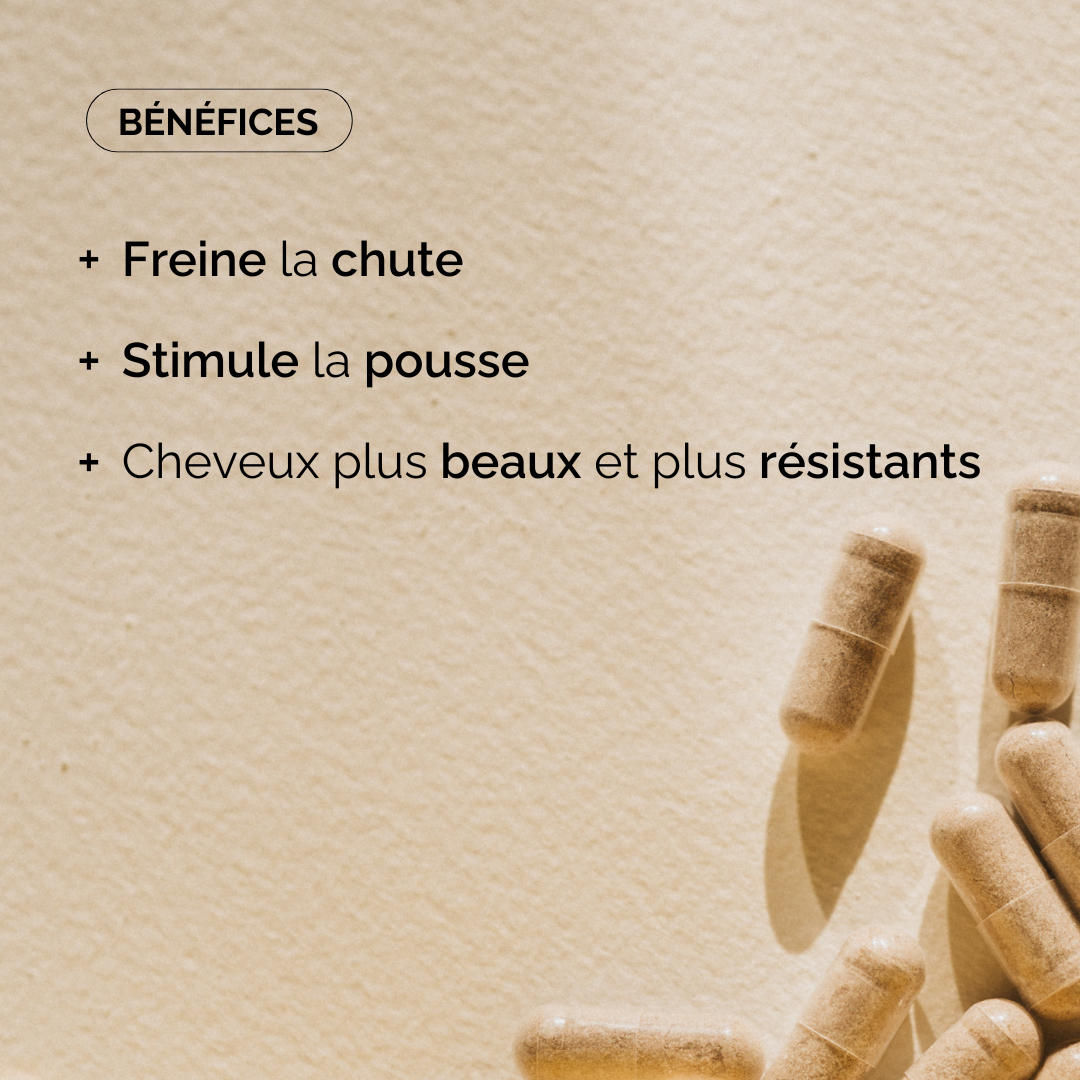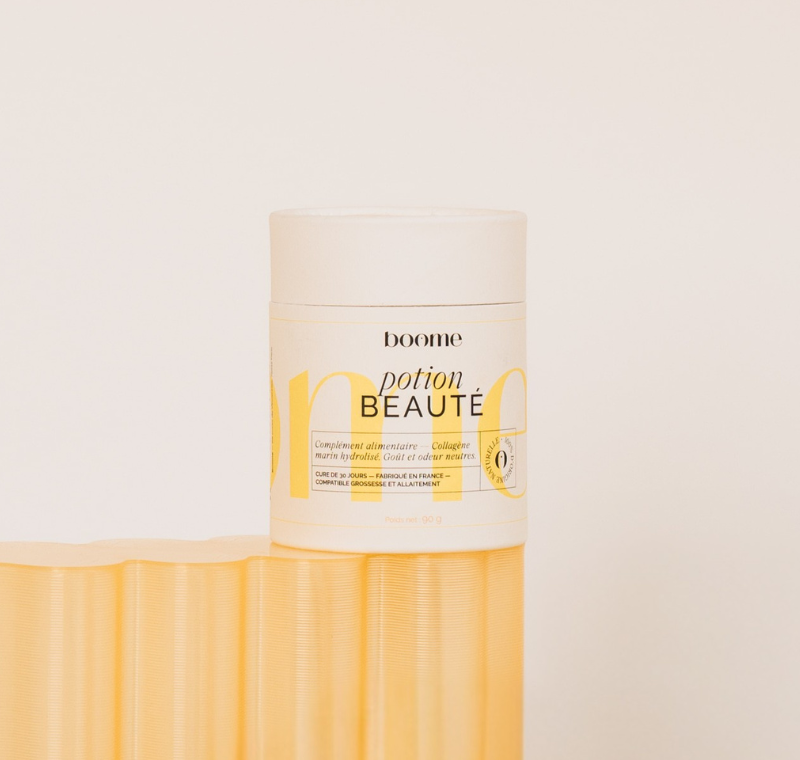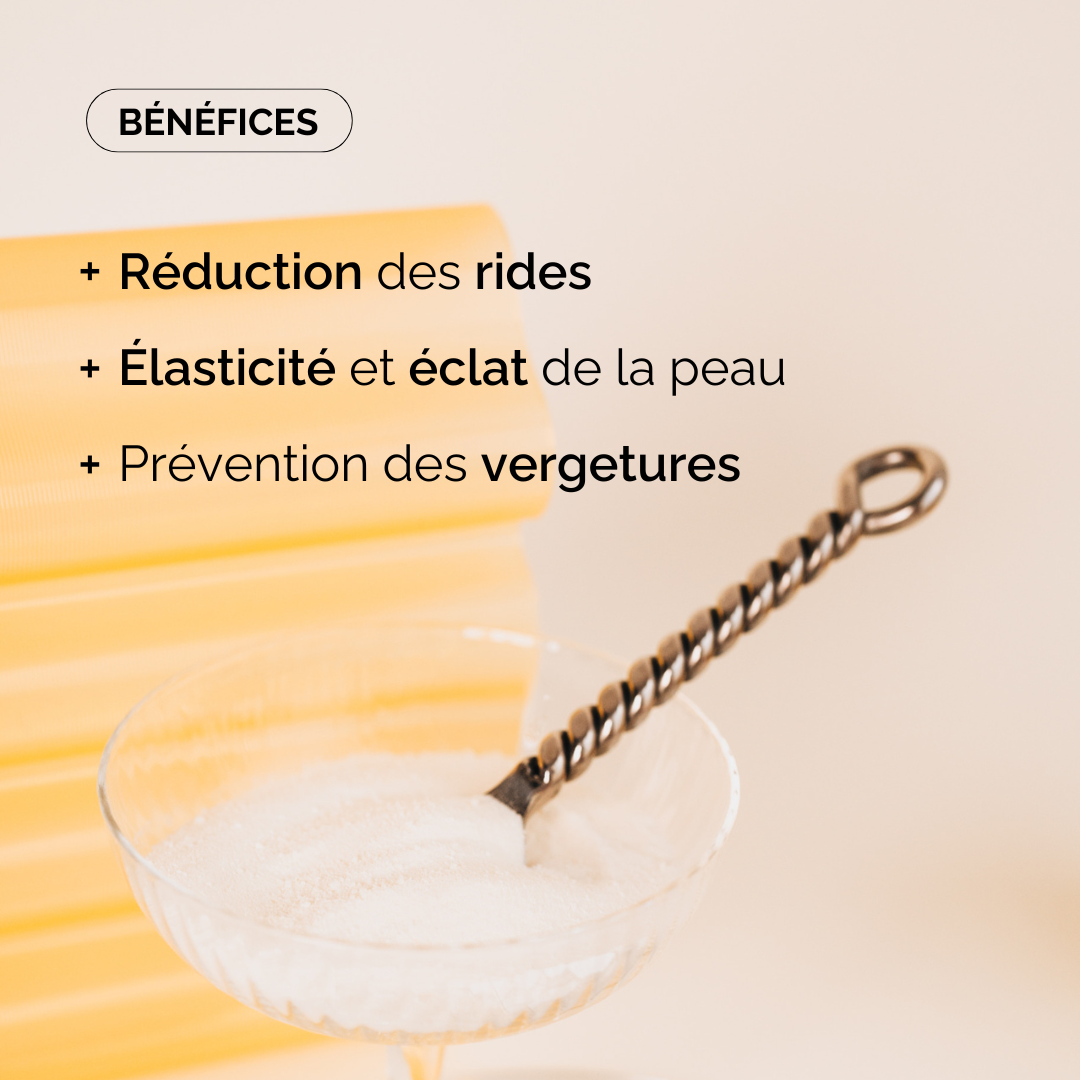
Postpartum is a difficult time for a woman's body in many ways, due to the many hormonal changes it is linked to. And hair loss is one of the most significant signs.
In the weeks following your delivery, you had to say goodbye to the dream hair that had accompanied you since your pregnancy and you found yourself overnight with hair that fell out in handfuls? Don't panic, we'll explain where it comes from and how to fix it.
Why do we lose our hair after childbirth?
First of all, a little science lesson! Know that the life cycle of a hair, also called a hair follicle, is made up of three distinct phases:
- the growth phase (anagen) which lasts 2 to 3 years
- the transition phase (catagen) which lasts a few weeks
- and the rest phase (telogen) which lasts 2 to 3 months.
During pregnancy, estrogen levels increase, which slows down and prolongs the anagen phase of hair, giving us that crazy full, shiny hair.
But after childbirth, estrogen levels decrease rapidly, which accelerates the transition of hair into the telogen phase, i.e. its resting phase, thereby leading to temporary hair loss.
Other elements can accentuate this phenomenon:
> Childbirth is an extremely stressful event for the body, and stress can affect the life cycle of hair by pushing hair follicles toward the telogen phase.
> Sleep and fatigue are also elements that can affect hair health and contribute to postpartum hair loss.
> Finally, a nutrient deficiency can also contribute to hair loss. During pregnancy, the body uses many nutrients to support the growth of the fetus, which can lead to a deficiency in the mother-to-be. However, nutrients such as iron, zinc, vitamin D and B vitamins are essential for hair health.
Caring for your hair postpartum
There are several solutions to take care of your hair and limit its loss postpartum.
First of all, this may seem obvious but it is always good to remember: opt for a gentle and suitable shampoo which will strengthen hair growth and not damage it.
Contrary to popular belief, good daily brushing is also essential for healthy hair. Don't be afraid that this will aggravate your hair loss, on the contrary it will stimulate the capillary vessels and help them strengthen.
Finally, a well-chosen supplement with a targeted and effective composition can change your life… and especially your hair!
Which assets to prioritize?
> Collagen
Without suspense, in our top 3, we find collagen . It is a major protein in the structure of hair, contributing to its strength and resistance. It also helps maintain optimal hydration of the skin, including that of the scalp, thereby reducing dryness and irritation that can harm hair health.
Collagen is found naturally in certain foods, including marrow bones, bone broths, fish skin, meats. If you choose to take it in the form of a food supplement (easier to take daily), choose it in hydrolyzed form and of low molecular weight (from 2000 to 6000 Daltons) for better bioavailability and effectiveness.
> Biotin
Biotin, a water-soluble B vitamin also known as vitamin H, is essential for the production of keratin, a fibrous protein that strengthens the structure of hair, nails and skin.
By increasing keratin synthesis, biotin can help prevent hair loss, stimulate healthy hair growth, and improve hair texture and shine.
> Zinc
Zinc, for its part, is an important mineral for hair health, because it is one of the components of keratin, a protein essential to the good health of hair, and it participates in the synthesis of collagen. It fights against hair that is too fine and fragile and prevents premature aging.
Zinc is not made by the body and cannot be stored, so it is essential to get it regularly through food. You can find it in oysters, organ meats, red meats, wheat germ, legumes, pumpkin seeds, sesame.









